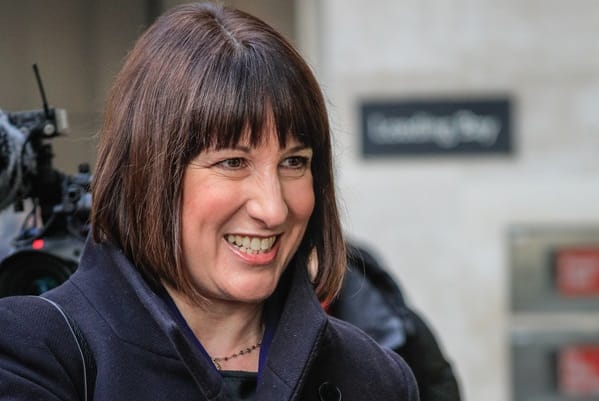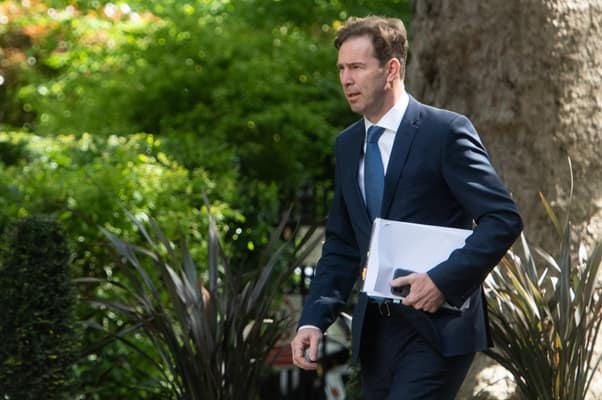Bussiness
Business confidence plummets amid the Chancellor’s national insurance hike – London Business News | Londonlovesbusiness.com

In the largest poll of business sentiment since October’s Budget, the British Chambers of Commerce (BCC) Quarterly Economic Survey, shows concern about tax, including national insurance, has spiked, which is yet another blow for the Chancellor.
Following the Chancellor’s autumn statement, 63% of firms cited it as a worry (compared with 48% in Q3), the highest level on record. Concern about inflation and interest rates remains at similar levels to Q3.
Business confidence has declined significantly with 49% of responding companies expecting their turnover to increase over the next twelve months (compared with 56% in Q3). Confidence levels are lowest in the retail and hospitality sectors (39% and 42% respectively).
A business leader who was quoted by political blog Guido Fawkes, blasted Labour’s policies, saying, “Labour’s decision to increase National Insurance for businesses has been a hammer blow to business confidence and has caused a reversal in plans to increase investment.
The survey was conducted after the Budget, with the fieldwork carried out between 11th November and 9th December. The data from over 4,800 businesses across the UK (91% of whom are SMEs – fewer than 250 employees) also shows that the majority of firms are expecting to raise prices.
Read more related news:
Farage says he is ‘surprised’ over Musk calling for the Reform leader to stand down
Following the Budget, concern about taxation is now cited by 63% of responding firms, up from 48% in Q3. This is the highest level of tax concern since 2017, when the BCC started asking this question. The levels in certain sectors are higher, with 72% of production and manufacturing firms, and 68% of construction and engineering businesses raising tax as a concern.
Concern about inflation remains broadly similar to the previous quarter – 47% compared to 46% in Q3. Worry about interest rates has fallen slightly to 28% (29% in Q3).
There has been a significant drop in business confidence since the Chancellor’s statement. Only 49% of firms say they expect their turnover to increase in the next twelve months, down from 56% in Q3. This is the lowest figure since the aftermath of the mini budget in late 2022. A fifth (21%) of businesses expect turnover to worsen, up from 15% in Q3, and 30% expect no change.
Profitability confidence has also been hit, 40% of firms expect profits to increase over the next year (48% in Q3), while 32% of businesses expect them to fall.
Over half (55%) of responding firms say they expect to raise their prices in the next three months, compared with 39% in Q3. While 43% of businesses expect prices to stay the same, and only 2% expecting to decrease.
Labour continues to be the main cost pressure for firms – but the issue is now raised by 75% of businesses, up from 66% in Q3. The issue is most significant for the hospitality sector with 87% reporting it as a challenge, followed by 84% of firms in the transport and logistics sector.
Only 20% of businesses say they have increased investment plans over the last quarter, down from 23% in Q3. 24% of firms say they have cut back investment plans, a steep rise from the Q3 figure of 18%. 56% of businesses say their plans have remained the same.
The issue is more marked in certain sectors, with 42% of retail and hospitality firms reporting a scaling back of investment and 30% of manufacturers.
The percentage of respondents reporting increased domestic sales has fallen again to 32%, compared to 35% in Q3. 42% reported no change and 26% of firms said they had seen a decrease in sales.
Retailers were the most likely to have seen a fall in sales (36%) followed by manufacturers (33%).










